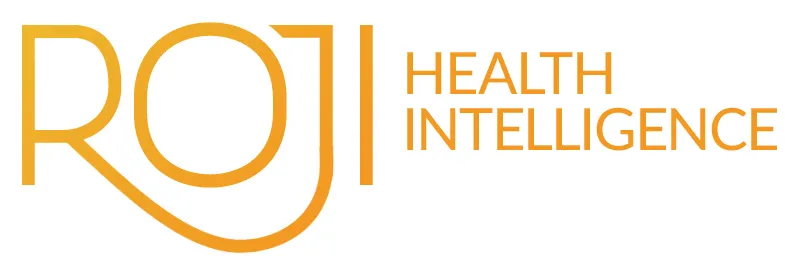
One of my favorite professional activities is to speak to a broad health care audience and get feedback on their response to reform initiatives. Last week I spoke at the Spring Managed Care Forum in Orlando, Florida. The Fall and Spring forums are a favorite venue for me, and I never fail to get new information about what people, especially physician leaders, are thinking.
My talk was about controlling the costs of health care. I’ve spent a good part of my career addressing health care costs in one role or another—as a regulator, an employer, a payer, a health system executive, and in technology and consulting. As Value-Based Care and its payment models matured over the years, however, cost control was not the primary focus, MSSP ACOs notwithstanding. While savings may be rewarded, most programs have used the carrot rather than the stick and capped provider risk for higher expenditures.
Value-based payment models put greater focus on quality measurement and reporting. Primary care payment models, while introducing a gradual path or small element of risk, also provided investment and infrastructure. Following COVID, models to improve health equity emerged. The primary cost feature in all new models is a feature that will gradually replace Fee-for-Service payments with either population-based or episode-based payments. But these have been carefully constructed to be modest adjustments.
Cost is now front and center. I presented a more sobering view of the economics of improving care in an environment of budget cuts. I described the payment models in place to control the Total Cost of Care (TCOC) or Total Per Patient Costs (TPCC), and what providers and payers need to do to make them work. I polled attendees about whether they thought Value-Based Care could produce effective cost control, and I spoke to people after my talk about their impressions. You can access my slide deck here.
Here’s what I learned:
- Many physician leaders are optimistic about the ability of Value-Based Care to control the total cost of care. While there are indeed some who believe that value-based payments will kill the system, the majority in my audience believed in the power of these new tools to positively affect the system.
- Supply of physicians, both primary care and specialists, is the biggest issue that concerned physician leaders. With success under value-based payments determined by data-driven technology, more communication with patients, and the deployment of clinical teams, physicians are justifiably concerned. Not only is there already a shortage of physicians, but some of the budget cuts on the table reduce payments for medical education and residency programs that build the supply. The viability of health systems, hospitals, and physicians are all at risk under this shortage, regardless of ability to add alternative clinicians, population health staff, artificial intelligence, and other technologies.
- Another supply-side fear is exodus of providers from the Medicare program under lowered or risk-based reimbursement, especially those with the potential effect of lowering revenues. I received comments about physicians leaving for concierge practices, retiring, and refusing Medicare patients. This is, again, a realistic fear based on a scenario of distinct differences in reimbursement for Medicare and private health plans that CMS will need to address.
- Among federal budget cuts, the loss of NIH research, CDC programs, and data available to guide clinical care are the biggest threats to the health care system, as perceived by physician leaders. Some expressed that these cuts will ultimately lead to wasteful spending and higher costs.
- Medicare Advantage as an alternative to Traditional Medicare is very unpopular with many physicians. The attendees saw physicians fleeing Medicare Advantage because of prior authorizations and claims denials, and the costs of participating in a program that requires fighting to get paid.
I share this feedback because it shows how much the community of health care providers really believes in a system to provide good care, and that they have a stake in its outcomes. Sometimes we are slow, and cautious. But like them, I share an optimism that health care wants to improve and provide the best for patients.
Founded in 2002, Roji Health Intelligence guides health care systems, providers and patients on the path to better health through Solutions that help providers improve their value and succeed in Risk.
Image: Tulip Sunflower
